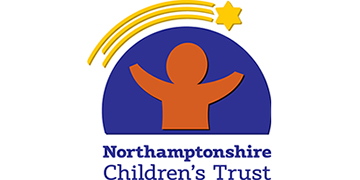Independent evaluations of the performance of other trusts, such as those in Doncaster, Birmingham and Slough found the following elements in common:
- A singular focus on children is one of the key enablers for change and improvement.
- An improvement in performance and improved Ofsted ratings in some areas.
- Improvements have been made easier without competing priorities within a council.
- Increased participation of children and young people including in the development of services e.g. through their board and governance structure.
- Increased staff satisfaction.
- Greater team spirit and a clearer sense of purpose among staff.
- Freedom to think and act differently, leading to improved staff performance, increased staff satisfaction and better staff recruitment and retention.
We believe the trust model has two key advantages over traditional local authority models. They are:
Cultural change
The establishment of a new trust creates a ‘fresh start’ and enables the trust to create a new identity and culture.
The evidence shows that staff belonging to a trust feel safer, more confident, more able to focus on children and families and feel the organisation is more agile in responding to need.
Operational independence and dedicated leadership team
Each trust has a dedicated and skilled board which often has additional capacity, skills and expertise in areas such as communications, finance and marketing which helps open up new networks and exposure to new ideas. Trusts have often made good use of this to robustly focus on a strong communications and engagement strategy with local communities and media to help improve the image and perception of social work.
Having a reduced scope and clear focus also frees up strategic and senior staff from wider council pressures and priorities. Senior leaders are able to make better choices on how to use their budget to meet children’s needs. This reduced and clear focus as well as operational independence means trusts often find it easier to enable staff to propose service improvement and try new ideas ensuring they are more innovative and agile organisations.




 Facebook
Facebook X
X LinkedIn
LinkedIn Instagram
Instagram